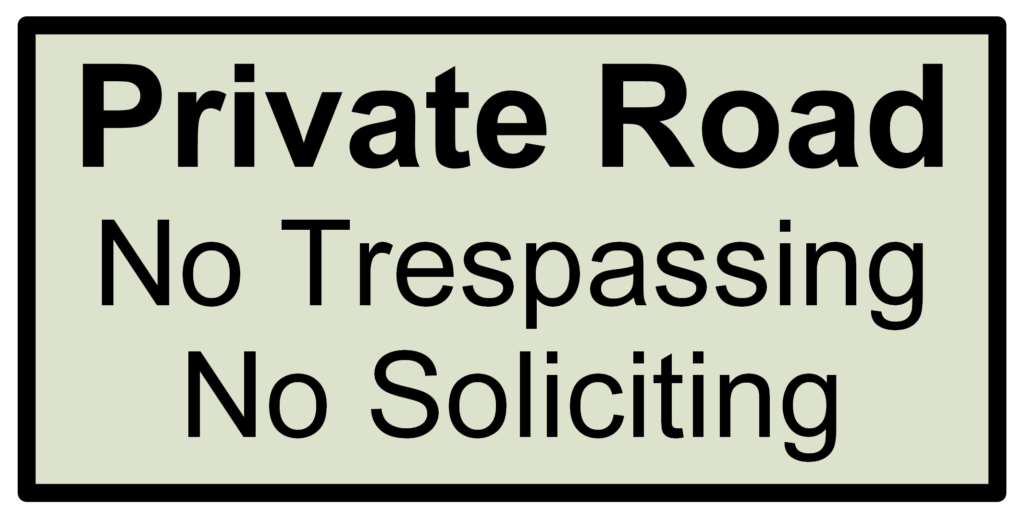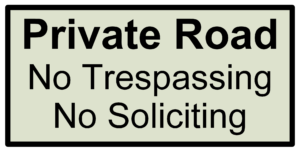
Child Free Estate Planning
Child Free Estate Planning Made Simple
Mary has done well, and is living well. She has no children, and wonders about what kind of estate plan she might need.
Because she has no children, she knows that if she does nothing, her estate will largely go to the IRS and the state where she lives. She has some family and friends she might want to provide for, but they do not really need her money. She also has a vague sense that charitable planning may be appropriate. But she is reluctant to limit herself to just one charity, and she wants the ability to change her mind over time. She is also concerned about just giving a lump sum to any charity without accountability. She wants to have confidence that her charitable wishes can and will be carried out after her death.
What is Mary to do?
Child Free, Child-Free, Childfree or Childless?
First, although it may be important for other reasons, as far as estate planning goes “why” Mary has no children is irrelevant. The reasons simply do not matter.
This is important because when a person is made to feel uncomfortable about having no children, they may avoid addressing important issues such as estate planning. So we don’t need to get caught up in the semantics of the words we use to note that there are no children. We don’t need to trouble ourselves with whether not having children is a choice. We can simply sidestep all the misconceptions about the the childfree option. We can recognize that for many the benefits are substantial, and that the trend to live a childfree life is growing.
For estate planning, being childfree makes a big difference in people’s life decisions. This is true both for people who don’t have children, and for those who for reasons of their own do not wish to leave their estate to their children.
Increased Relevancy
- When there are no children in the picture, estate planning is more important, not less important. There are no pre-determined people to receive property or to make decisions on our behalf. The total freedom to do as one wishes has the added responsibility to make those decisions and put appropriate documents in place in advance.
- There are more choices, not less. Because there are no ready made choices about who participates in our estate, the options are wide open. We can do whatever we want. So the question is not “do you want to follow some predetermined norm?” but rather, “what do you want?” It is best when your documents accurately reflect your answer to this question.
- The motivations are generally the same. No one wants to be taken advantage of, or have their wealth wasted or abused. This means that some of the tools are the same, but what one builds with those tools will be shaped by personal concerns and wishes.
- Estate planning becomes simpler. Unless extended family or friends are a big part of the picture, there will be no need for a “dynasty” estate plan. It typically comes down to deciding and documenting who gets what.
- The importance of remembering people we care about with a physical object (tangible personal property) is also elevated.
- Pets can become a priority. We see a growing number of “pet trusts” to make sure that beloved animal companions are cared for compassionately.
The No Children Plan
Taking children out of the equation does not change the tools used to plan. It is still crucial to have certain basic emergency documents such Medical Directives and a Living Will to designate decision makers in advance. It is also typically beneficial to have a revocable living trust, and to make sure that the trust is funded. Other probate avoidance devices such as Joint Tenancy Deeds or P.O.D. beneficiary designations that work when there are children, can backfire big time when there are no children. Knowing what tools will work best for your particular situation is something you work out with qualified legal counsel.
Some of the tougher questions involve who should decision makers be? For medical decisions, it is often necessary to draw from extended family and friends. With financial decision makers, it often comes down to choosing among professional service providers such as a bank, trust company, private fiduciary, or licensed professional such as a CPA or attorney. There are pros and cons to each. Failure to name such decision makers in advance can result in expensive and intrusive court ordered guardianship and conservatorship proceedings.
These issues are important enough in the child free estate planning process that they warrant careful discussion with an experienced attorney.
No Children, Know Charity, No Problem
Knowing what your choices are, and the tools available to you, will open your eyes to what you might do with your estate. Even if you are providing for family members, you may wish to establish an educational or scholarship fund or some other targeted specific benefit beyond just handing out cash.
If any part of your estate is going to go to charity, here is the BIG question: When do you want the tax benefits of your charitable gift, while you are living or after you’re dead?
Candidly, with rare exceptions, tax deductions are much more useful during our lifetime than after we have departed this mortality. The challenge with charitable giving is that even people who have strong charitably wishes are reluctant to give up control or to eliminate the ability to change their mind in the future.
These concerns are resolved through the appropriate combination of split interest gifts such as a Charitable Remainder Trust and a Family Foundation as a Donor Advised Fund. Among other benefits, such as the ability to change your mind over time and support multiple charities, this enables you to hold your charities accountable to your values and charitable vision.
Private Road
Not having children is like a private road. It may have a lot of connections to other roads. It is not a dead end or even a no-outlet road. The road goes somewhere. It’s just that where the road leads is not predetermined. There is no “natural” or obligatory place that the road should or must go. You get to chose the destination. You also get to chose who drives on the road.
If you don’t make these decisions, others will make them for you. Don’t let just anyone drive down your road. You decide who you want to give access to.
If you don’t post a proverbial sign by setting up an effective estate planning, the road to your estate is wide open. The most likely vehicles to come through are the IRS and the state where you are domiciled. Right behind them are relatives with whom you may have little or no connections. They will all be more than pleased to come in and collect whatever they can get ahold of in your estate.
This is the path of least resistance. All it requires is for you to do nothing.
Child free estate planning is part of being a grown up. We can help.
It’s Your move.
